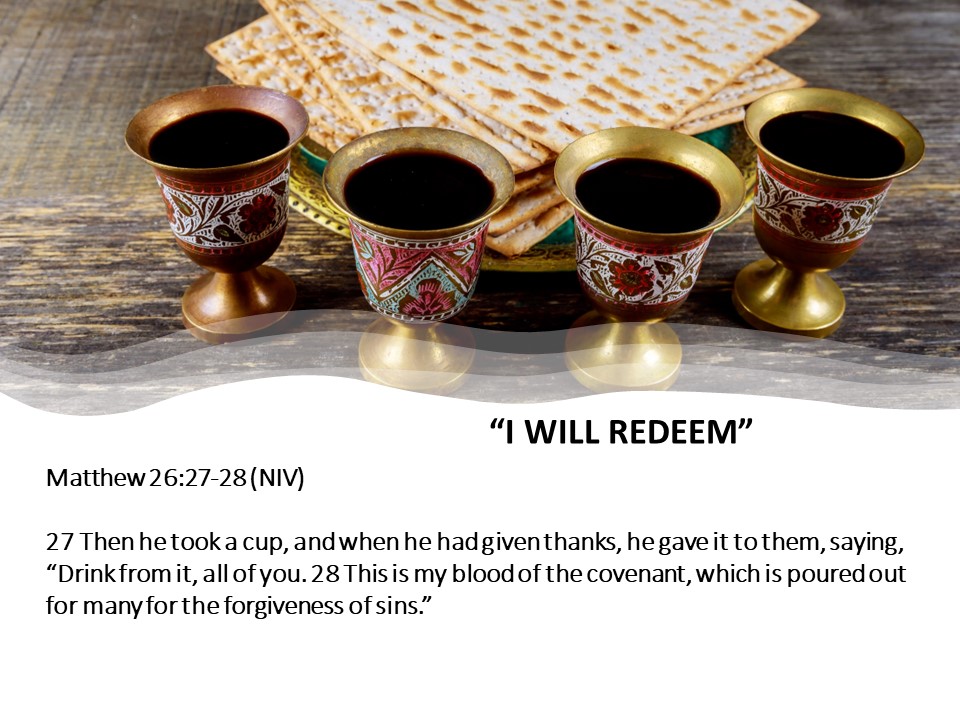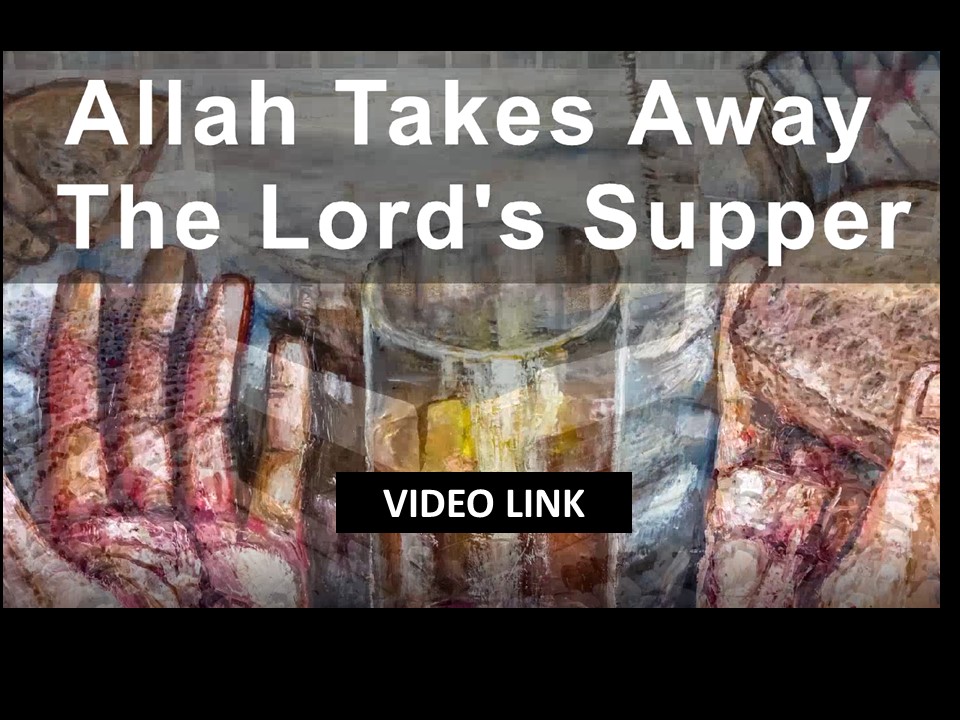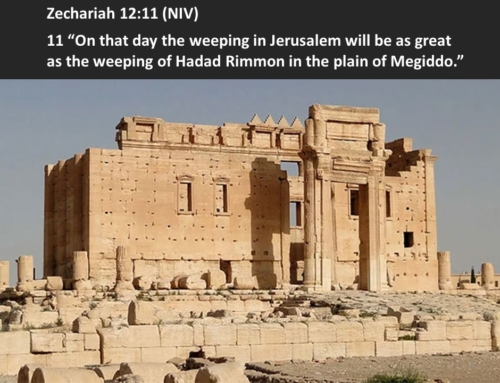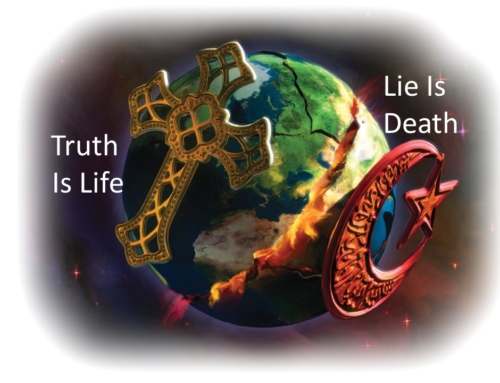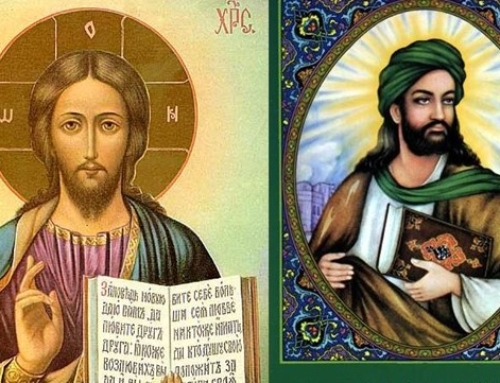Seeing Jesus in the Passover Meal
Jesus is the Fulfillment of the Passover Promise
Seeing Jesus in the Passover meal. It is Passover this week. We also remember the bitter suffering and death of Jesus Christ. Most important, we celebrate his resurrection. Some people know that Jesus celebrated the Passover, but many people do not know that Jesus is represented all throughout the Passover Seder meal. In Hebrew, “Seder” means order. Seder is the order of the Passover meal. All of the elements in the Passover Seder meal are represented by Jesus. The Passover meal has a specific order. The three pieces of unleavened bread (Matzah) including the hidden broken piece, called the “Afikomen”, are part of understanding Jesus and the Oneness of God.
Afikomen, a Greek word, means “He has come.”
According to Jewish Rabbinical law, the Afikoman must be consumed before midnight, just as the Corban Passover Lamb was eaten before midnight during the days of the Temple in Jerusalem. After eating the Afikoman, no other food may be eaten for the rest of the night, other than the last two cups of wine at the Seder.
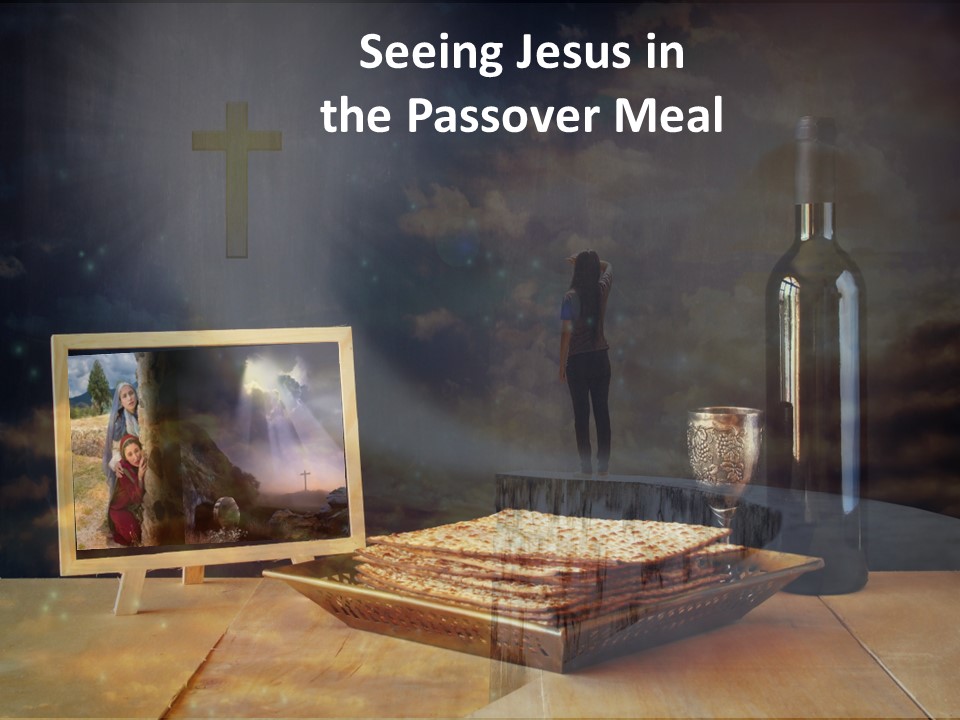
That the Afikomen is sufficient “once for all” is what was said in Hebrews about the sacrifice of Jesus.
Hebrews 10:5-10 (NIV)
5 Therefore, when Christ came into the world, he said: “Sacrifice and offering you did not desire, but a body you prepared for me; 6 with burnt offerings and sin offerings you were not pleased. 7 Then I said, ‘Here I am—it is written about me in the scroll—I have come to do your will, my God.’” 8 First he said, “Sacrifices and offerings, burnt offerings and sin offerings you did not desire, nor were you pleased with them”—though they were offered in accordance with the law. 9 Then he said, “Here I am, I have come to do your will.” He sets aside the first to establish the second. 10 And by that will, we have been made holy through the sacrifice of the body of Jesus Christ once for all.
All of the elements on the Seder plate including the bitter herbs, the parsley dripped in salt water, the lamb bone that is not broken, the egg representing mourning, and the sweet mixture of fruits can be understood by Bible prophecy. Jesus is also represented in the four cups of wine which includes the cup of redemption (the third cup) that Jesus drank during the Lord’s supper.
Seeing Jesus in the Passover meal. These elements have a first and second fulfillment in the Seder Meal. The first was fulfilled in the Exodus from Egyptian slavery and the second was fulfilled by Jesus Christ the Lamb of God.
Parsley in Salt Water. First, tears of Egyptian slavery, second tears of women weeping for Jesus.
Bitter Herbs. First bitterness of Egyptian slavery, second the bitter suffering of Jesus Christ.
Hard Boiled Egg. First, mourning the Temple loss, second mourning for the death of Jesus Christ.
Unbroken Lamb Bone. First the night of the Passover, second Jesus Christ the Lamb of God.
Sweet Fruit Mixture. First the mortar of bricks, second the sweet aroma of salvation only through Jesus Christ.
Only Jesus redeems us with an “outstretched arm” while he was on the cross. (Exodus 6:6)
Exodus 6:6 (NIV)
“Therefore, say to the Israelites: ‘I am the Lord, and I will bring you out from under the yoke of the Egyptians. I will free you from being slaves to them, and I will redeem you with an outstretched arm and with mighty acts of judgment.”
Isaiah 53:7 (NIV)
7 He was oppressed and afflicted, yet he did not open his mouth; he was led like a lamb to the slaughter, and as a sheep before its shearers is silent, so he did not open his mouth.
Mark 16:10 (NIV)
10 She went and told those who had been with him and who were mourning and weeping.
John 16:20 (NIV)
20 “Very truly I tell you, you will weep and mourn while the world rejoices. You will grieve, but your grief will turn to joy.”
John 8:34-36 (NIV)
34 Jesus replied, “Very truly I tell you, everyone who sins is a slave to sin. 35 Now a slave has no permanent place in the family, but a son belongs to it forever. 36 So if the Son sets you free, you will be free indeed.”
ISLAM OPPOSES THE SACRIFICE OF JESUS CHRIST
In the altered Exodus story in the Qur’an there is no mention of the tenth plague on the Egyptians. Of course, the tenth plague is about the Passover lamb. The Angel of death passed over the Israelites houses who had lamb’s blood on their doorpost. Allah of the Qur’an allows no mention of the lamb or the salvation from the lamb’s blood. The tenth plague was just a mere foreshadowing of the sacrifice of Jesus Christ, the Lamb of God.
In the Qur’an Allah denies that Jesus was crucified and denies that Jesus is our mediator. In chapter five of the Qur’an called “the Table”, Allah takes the Lord’s table from the Lord’s supper and makes it Allah’s table. Just as the prophet Daniel said (Daniel 9:26-27) the Prince who will come will take away the sacrifice and oblation in the middle of the seven. This is what Islam has done in a failed attempt to remove the atoning sacrifice of Christ. Listen only to Jesus. Pray their eyes will be opened.
See Article about 343 Bible Prophetic warnings about Islam.
Jesus Warned About a Coming False Text
Visions from Jesus Reveal the truth of Islam. How likely is fulfilling 351 prophecies to be random? Let’s say you are looking for a unique single grain of sand. If you filled the entire universe with sand grains (1 x 10 to the 90th in grain numbers), it is vastly more probable that you pick up one grain, and find that one to be the special one you are looking for, than for the 351 prophecies of Jesus to be just random luck fulfillment. In other words, prophetic Jesus is a certainty!! More certain than most can understand.
Jesus Fulfilled 351 Old Testament Prophecies
John 5:24-27 (NIV)
24 “Very truly I tell you, whoever hears my word and believes him who sent me has eternal life and will not be judged but has crossed over from death to life. 25 Very truly I tell you, a time is coming and has now come when the dead will hear the voice of the Son of God and those who hear will live. 26 For as the Father has life in himself, so he has granted the Son also to have life in himself. 27 And he has given him authority to judge because he is the Son of Man.”
